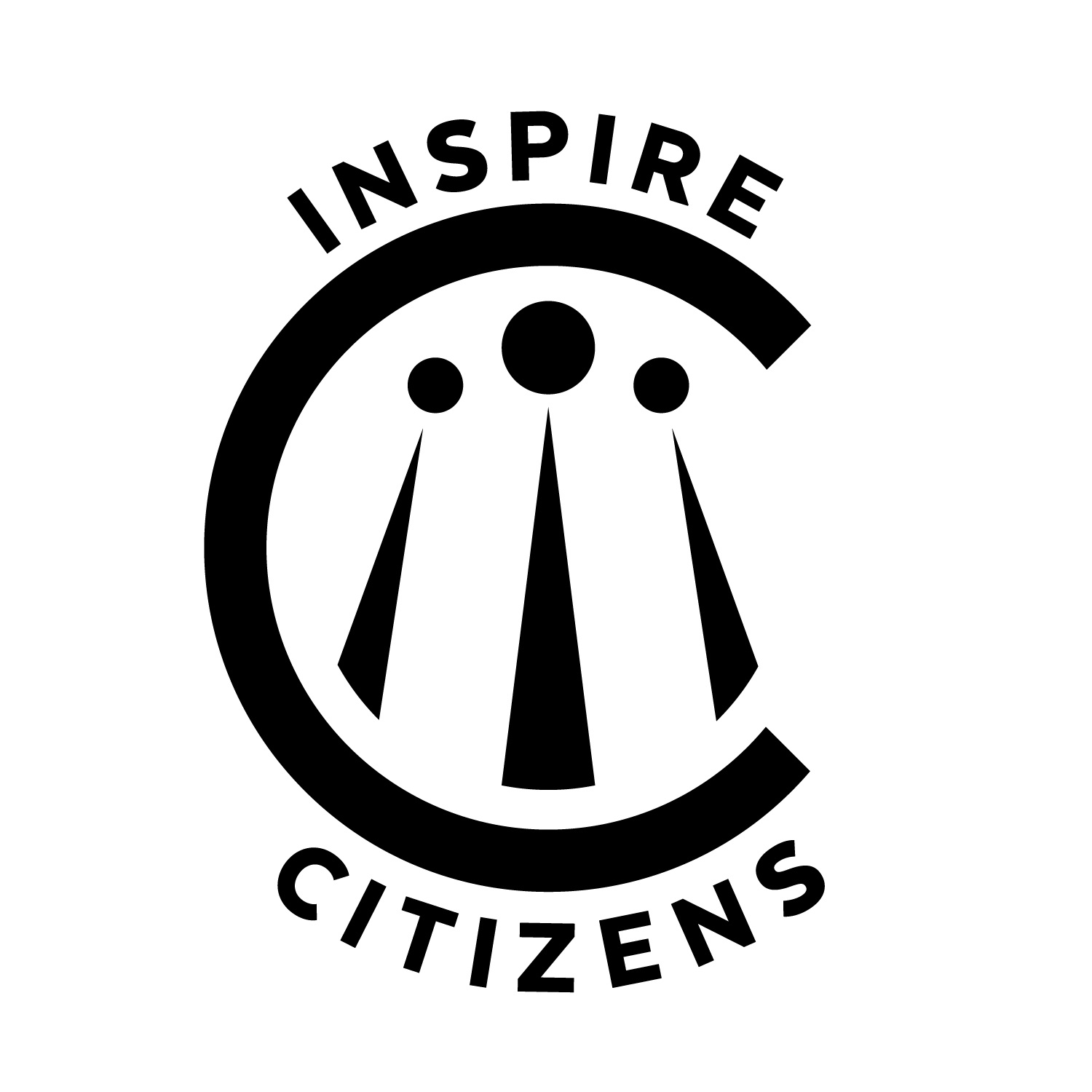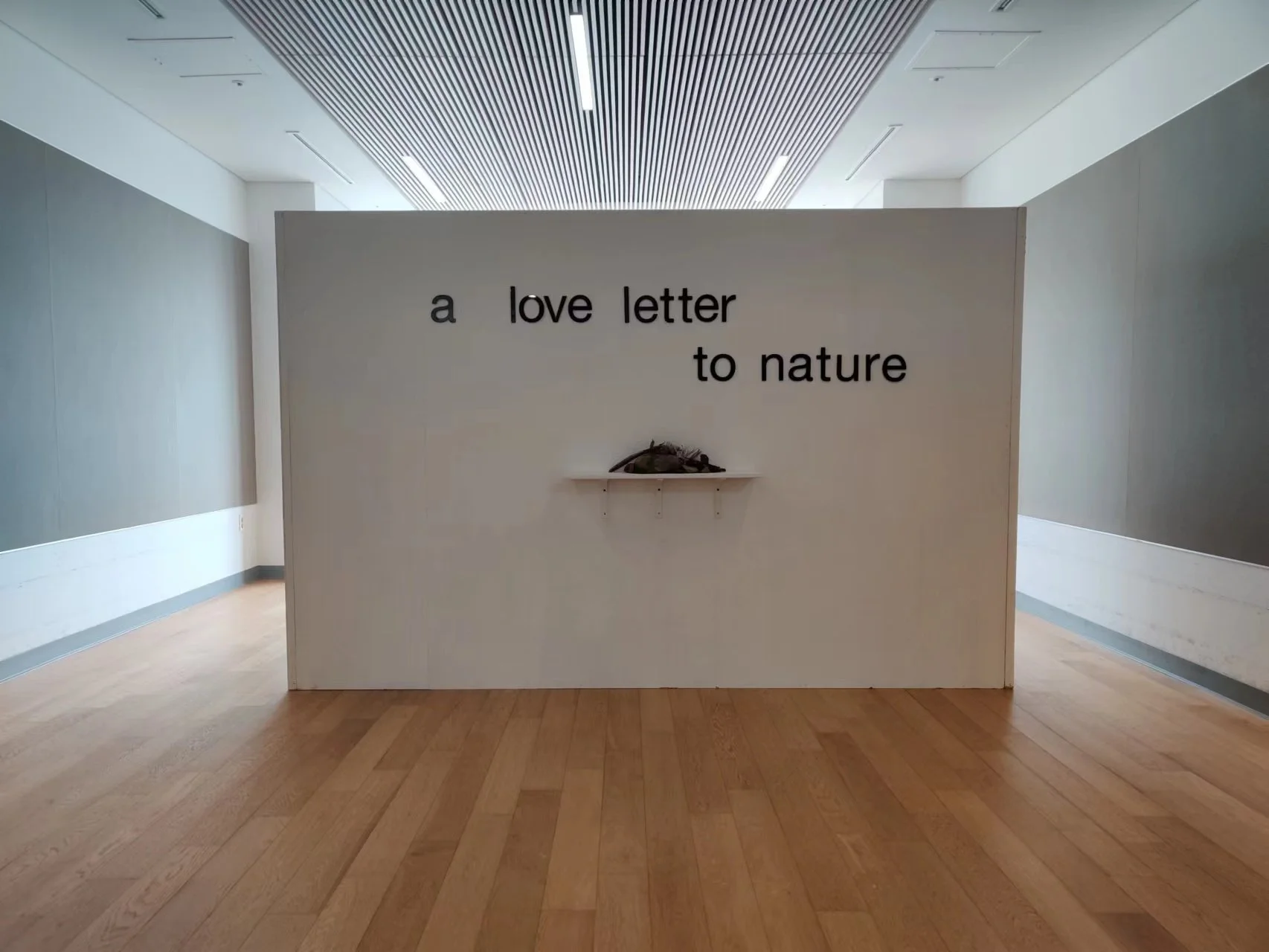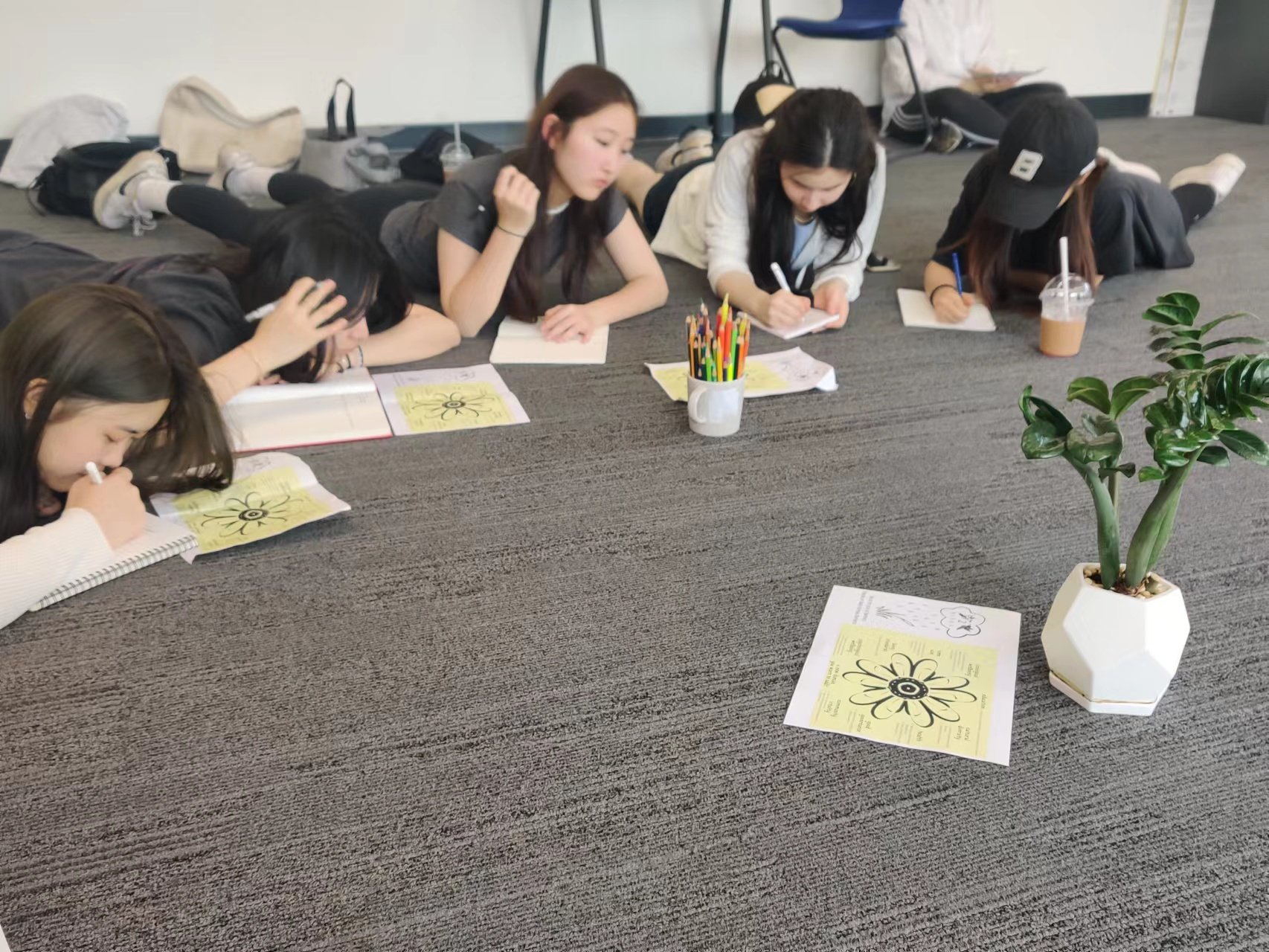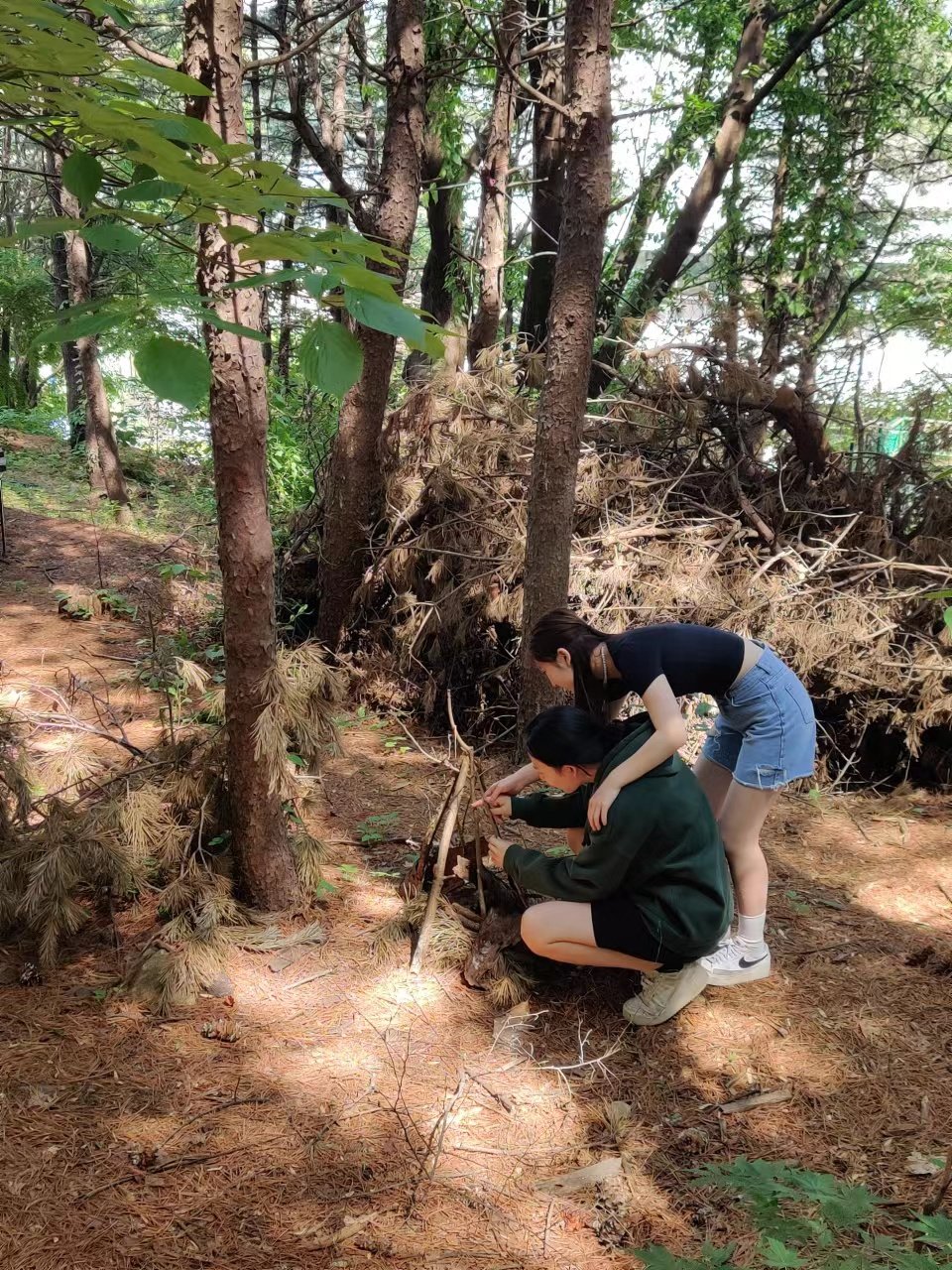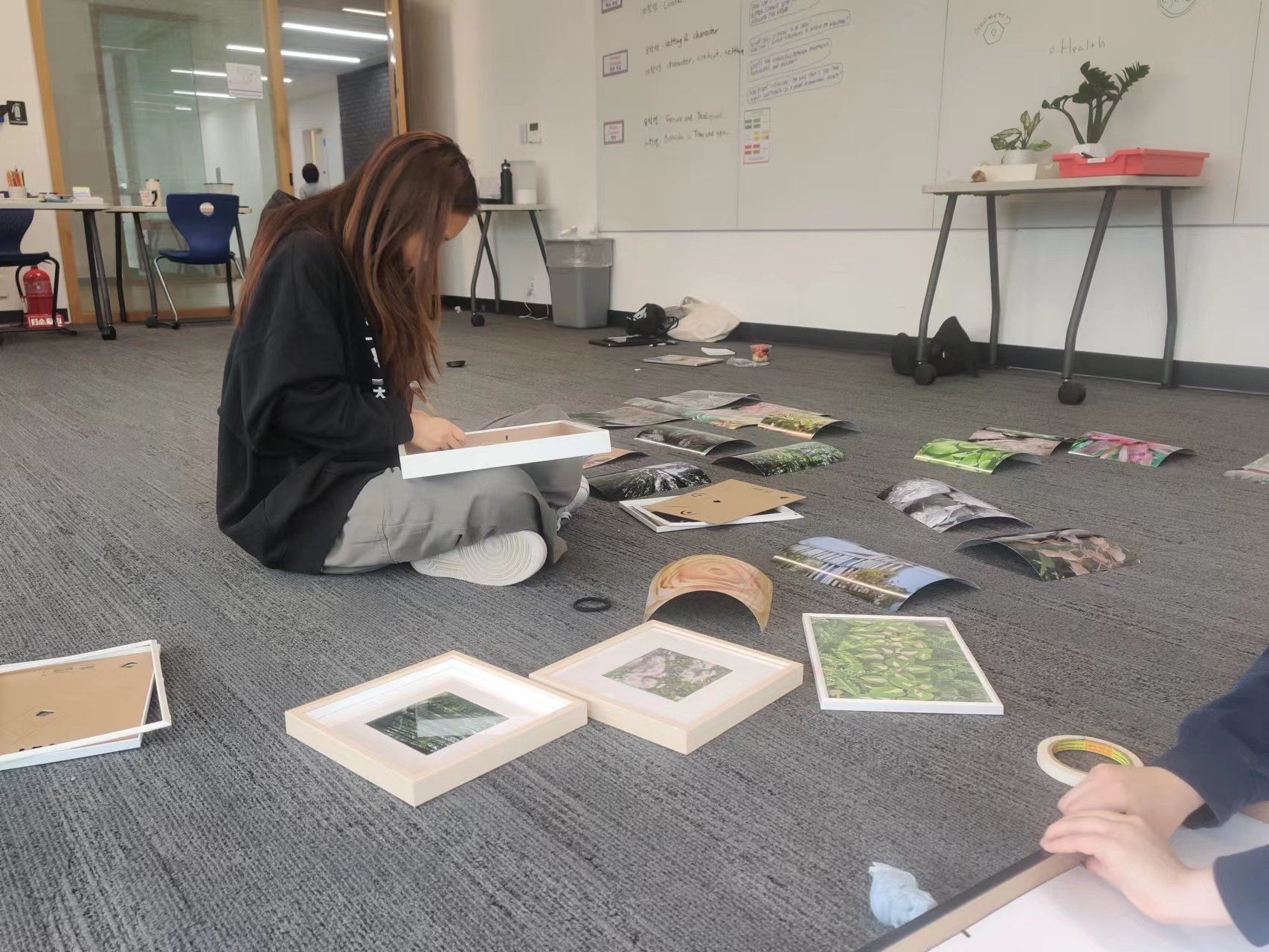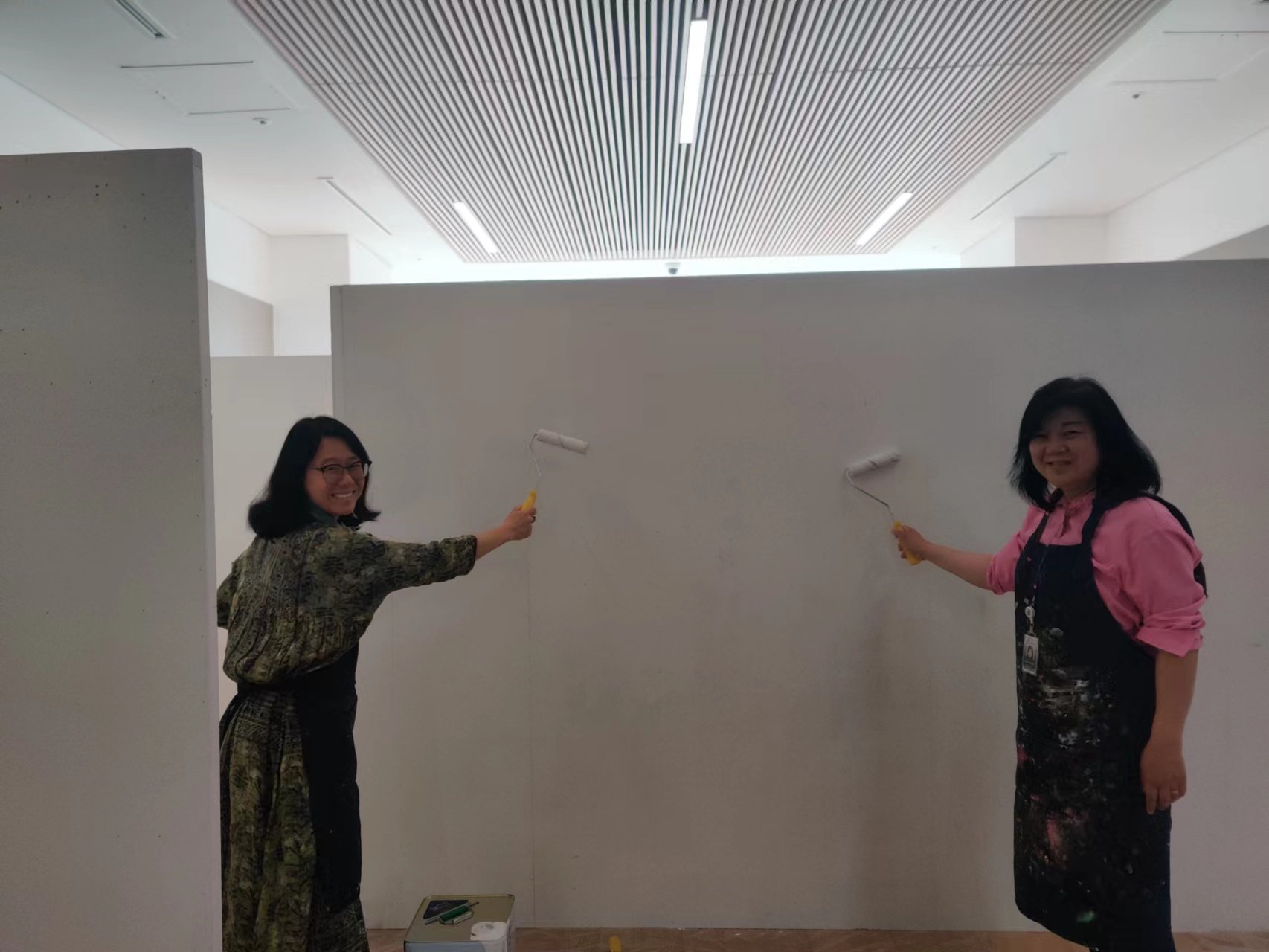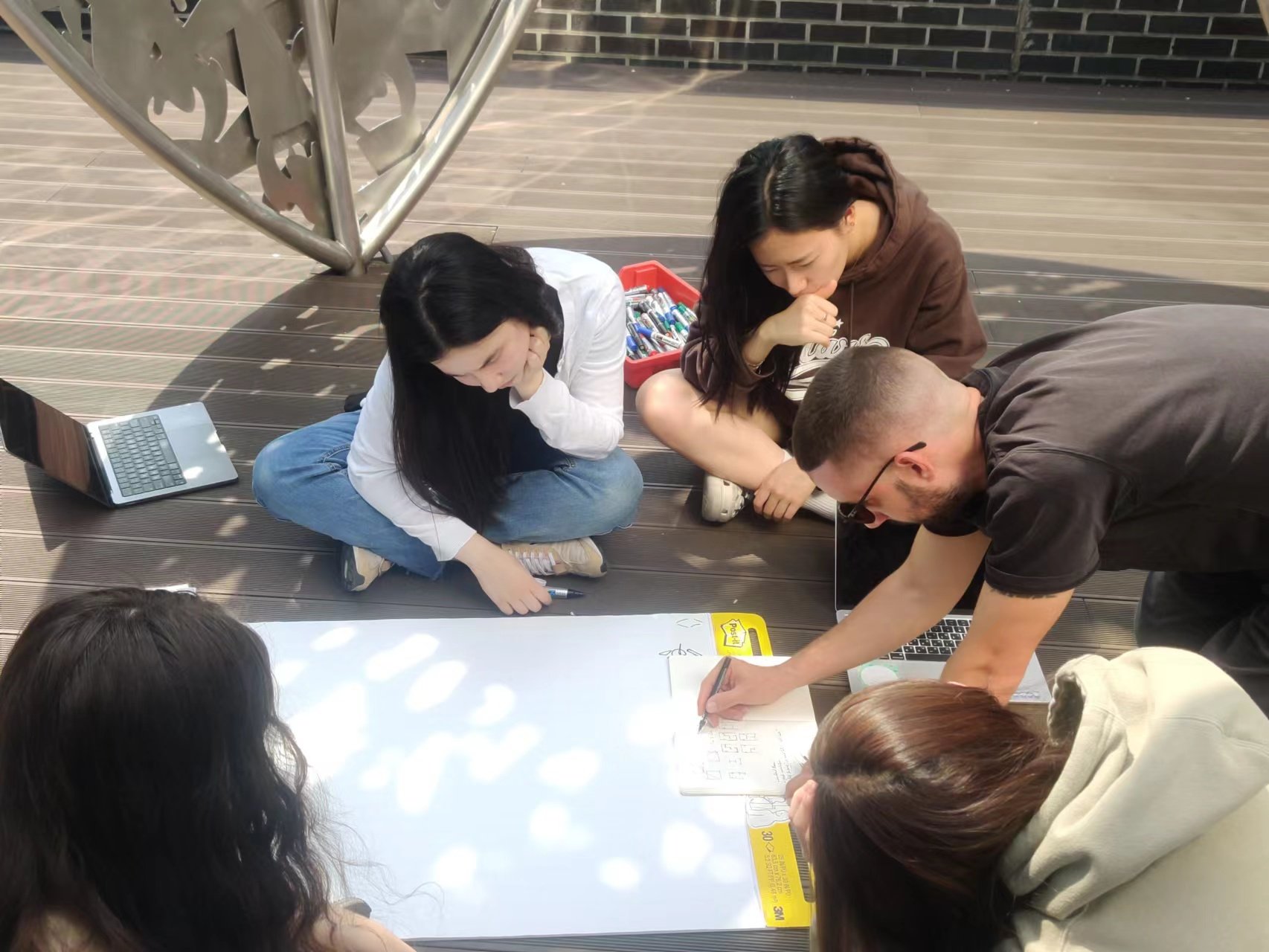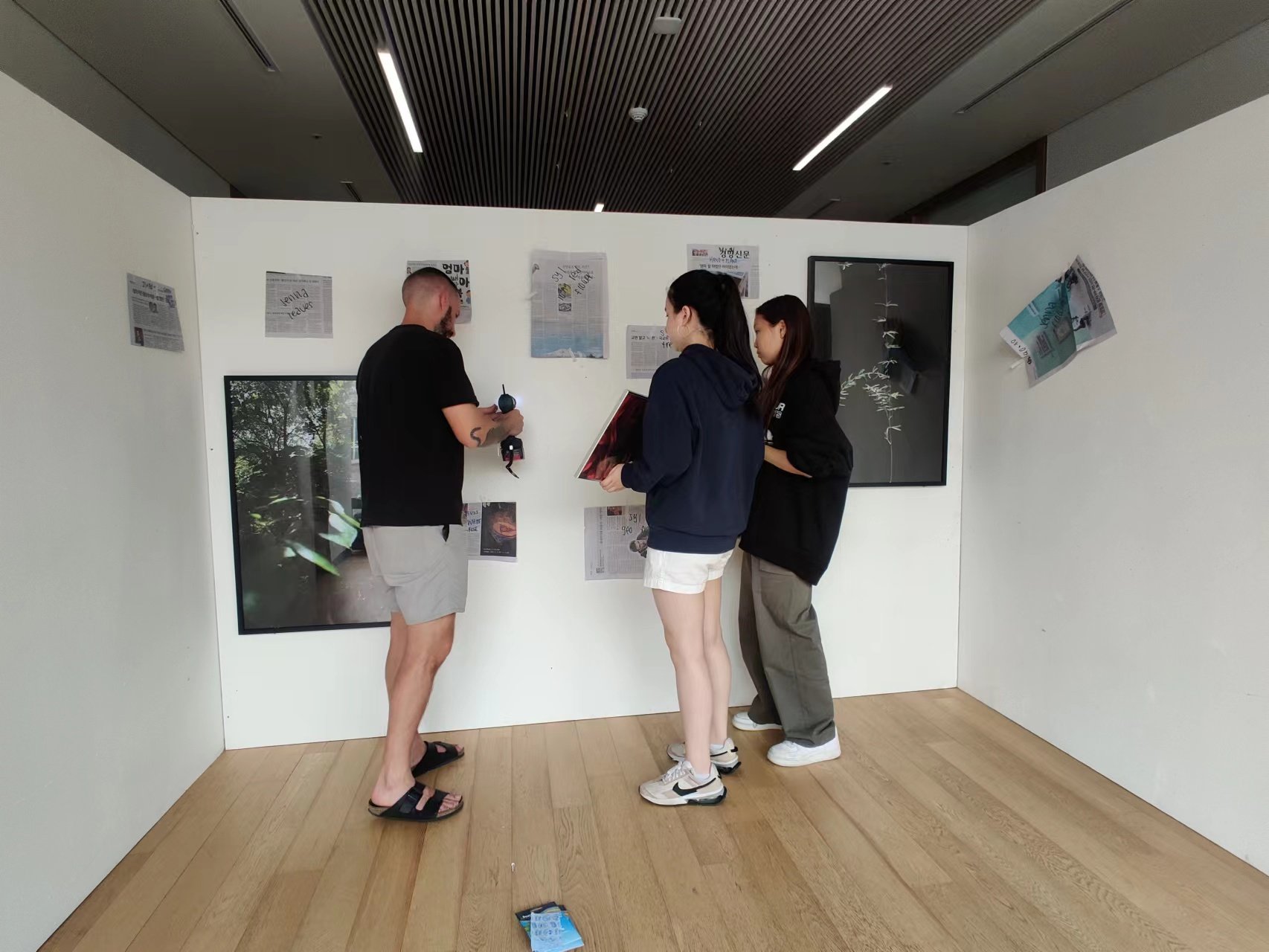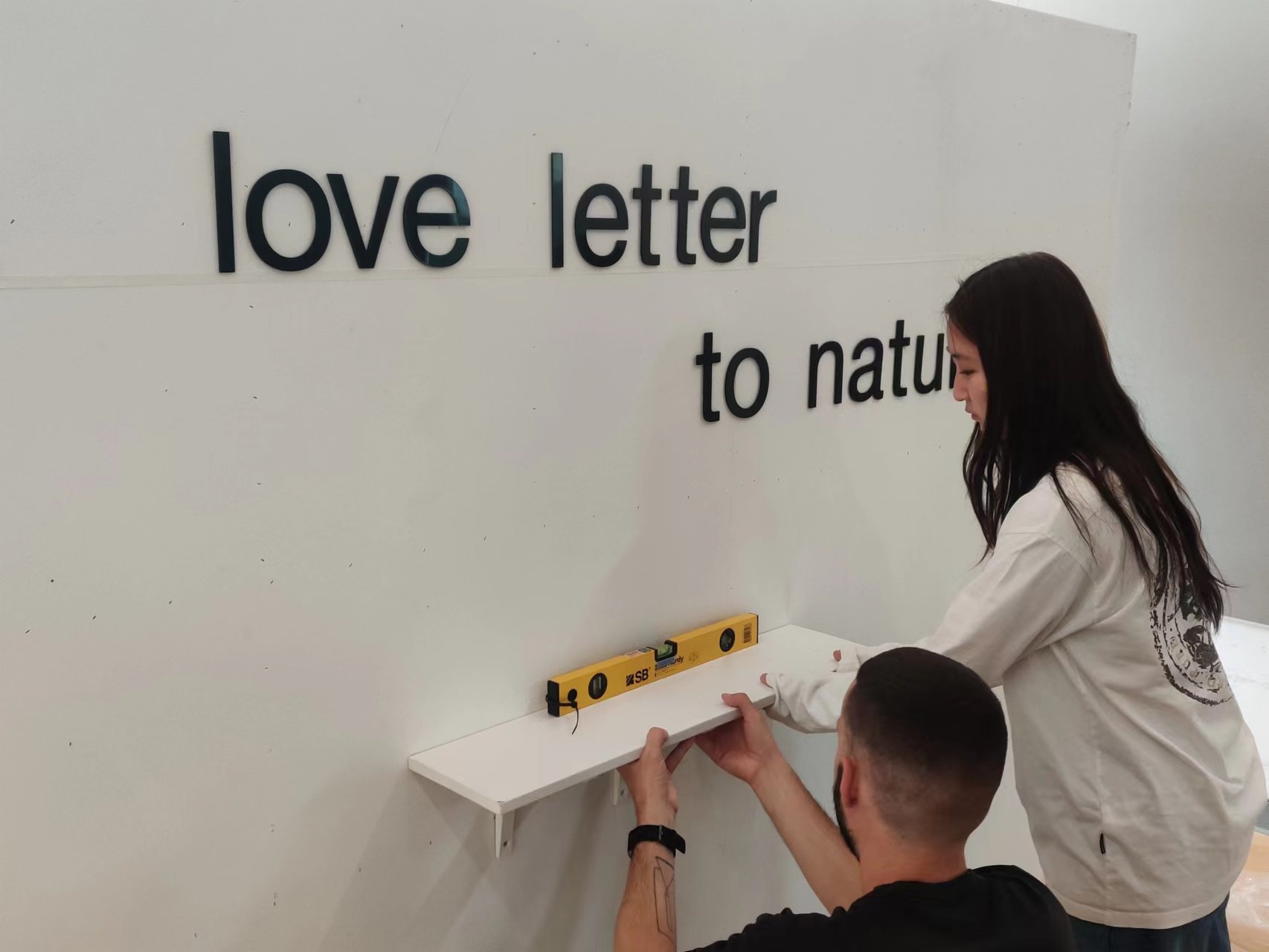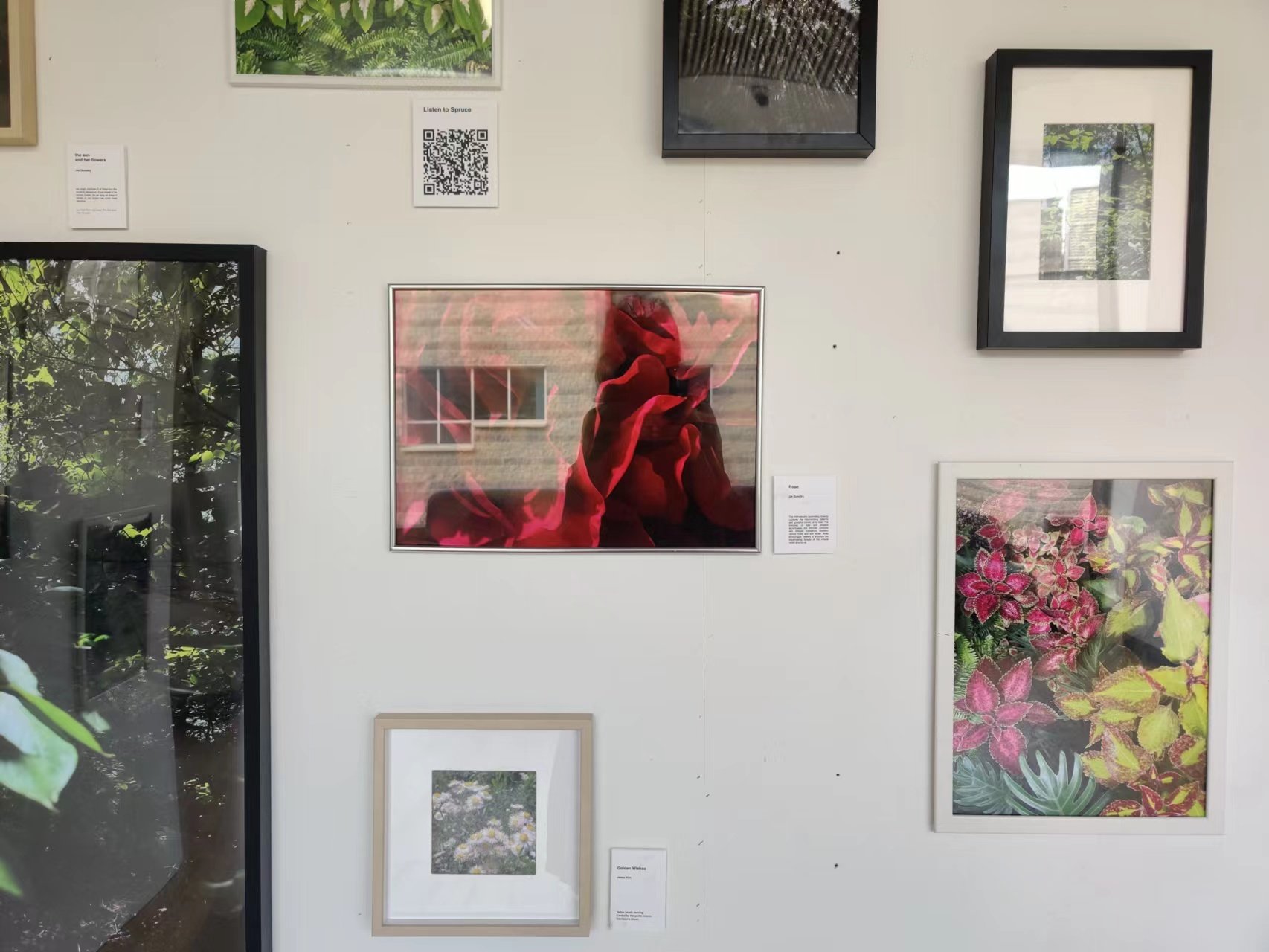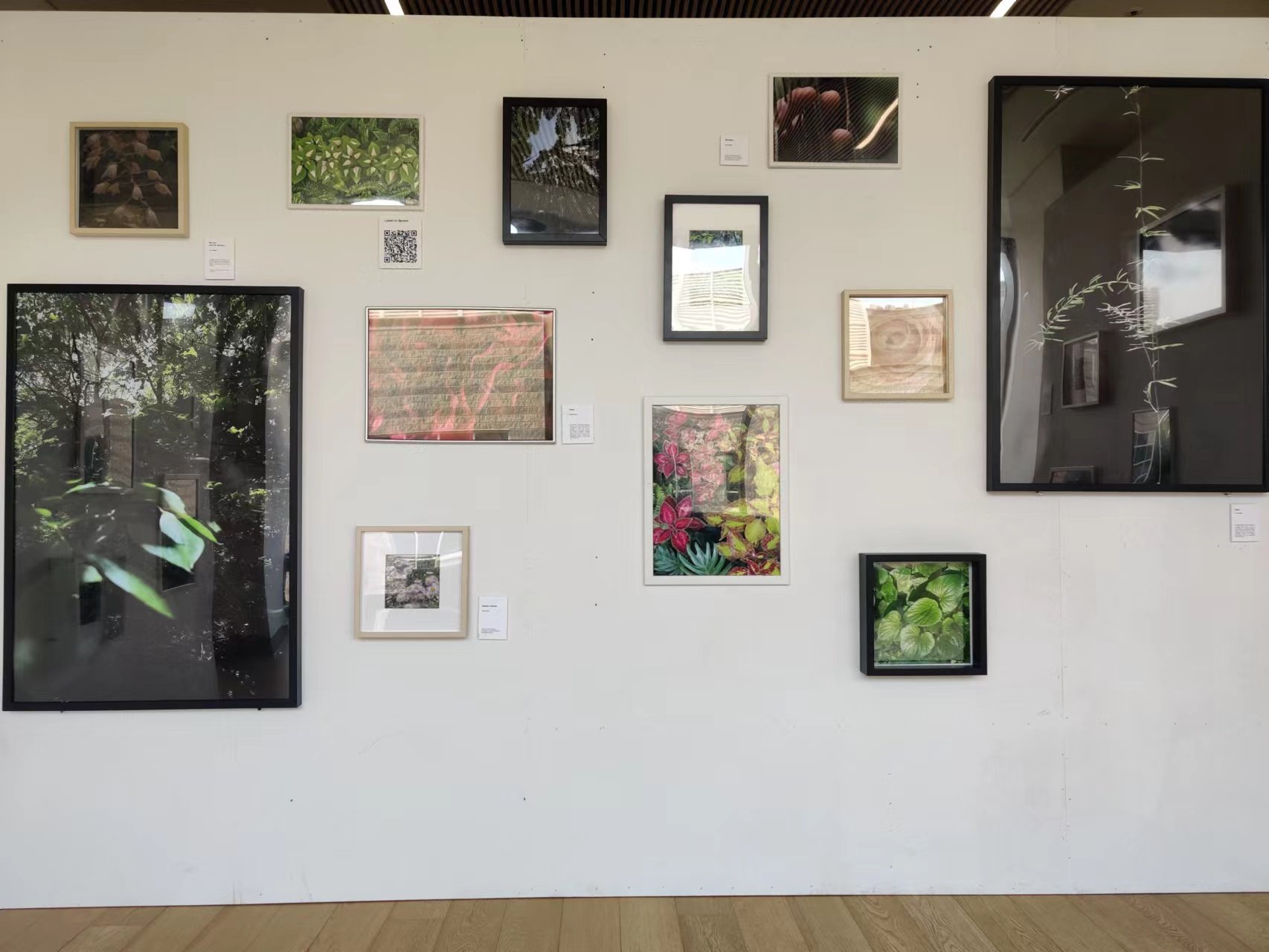Experiential learning: new option to engage students with eco-photography
Inspire Citizens has been offering eco-photography workshops and online courses for a few years, and this past month our facilitator Ivy Yan introduced a week-long experiential learning option through Seoul Foreign School’s (SFS) Discovery Week program.
SFS runs their Discovery Week program close to the end of each academic year. High school students have the opportunity to go on trips in South Korea or outside of the country, and most experiences have a focus on nature, culture or service.
For students who prefer to stay closer to home, one option this year was Ivy’s week-long eco-photography journey, and the program was so well-received that Inspire Citizens will be adding this program to their growing list of experiential learning options.
“With eco-photography, an important question is ‘how can we discover what we already have and see it with new eyes?’” explains Ivy. “How can we open ourselves up to beauty and awe, and how can we cultivate appreciation and gratitude for what we have?”
Springing from these questions, mindfulness activities are the foundation of an eco-photography experience. Students learn techniques for breathing, walking and observing their environment in mindful ways.
“It’s like a retreat on campus where students can pull away from their ordinary norms to have a different mindset and way of being,” says Ivy. “We focus on changing our inner conditions, rather than going away to a retreat center far away, so we can have a retreat experience right where we are.”
Photography serves as an entry point for mindfulness in an eco-photography context. It becomes a creative way to develop reflection and self-care, as well as a deep connection with nature and oneself.
The 5 guiding questions for eco-photography with Inspire Citizens are:
How can I use photography to better connect with nature?
How can I develop my skills to better connect with myself and advocate for nature?
What does it mean to be well? How can I employ strategies to improve my well-being?
What’s the connection between mindfulness, photography and self-care?
How might changing the way I see the world contribute to a more harmonious society?
A unique aspect of the eco-photography experiential learning program is that each day starts and ends with creative mindfulness practices and check-ins.
“One day, the students wrote questions and took a question out into nature to do a silent walk, and listen mindfully to what nature might respond,” explains Ivy. “During the walk, one student said her perception changed significantly because she was able to sense messages coming back to her, and she was able to see the aliveness and wisdom of nature. Her question was about whether wisdom existed in nature. It was quite profound that her way of seeing the world changed.”
On another day, students visited the Seoul Botanical Park, a place none of the students had previously explored. This excursion connected with geometry and built environments, and served as an excellent model because of the synergy between man-made and natural environments throughout the park.
Towards the end of the week, students decided to create a photography exhibit called “A Love Letter to Nature” featuring their favorite photographs from the week. One of the guiding questions in the eco-photography experience is “how might changing the way I see the world contribute to a more harmonious society?” and students wanted to use their photographs to share the experience of shifting their understanding of the world with peers and teachers at SFS.
The students curated their favorite photos, framed them and designed a beautiful exhibit with simple and minimalist staging. They set up a row of sofas next to the windows facing the exhibit to invite others to sit, look and reflect, sharing in their experience of mindfulness and connection with nature.
“On the last day, I invited everyone to reflect on their relationship with well-being and with nature, and what had changed from day 1 to day 5 of the experience,” recounts Ivy. “One teacher said she was seeing nature in a very different way, with multiple dimensions, and it made me think about the iceberg model and how we can investigate root causes and systems.”
All of the participants in the SFS eco-photography program reflected in powerful ways about their evolving understanding of the connections between personal and collective well-being and living in harmony with nature.
“Silence, solitude and taking a pause from the busyness of everyday life - these were key takeaways for the cohort,” smiles Ivy.
If you’re interested in having students at your school participate in an experiential program like this, book a Discovery Call to explore options.
